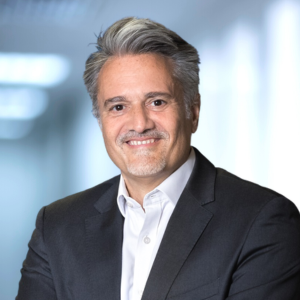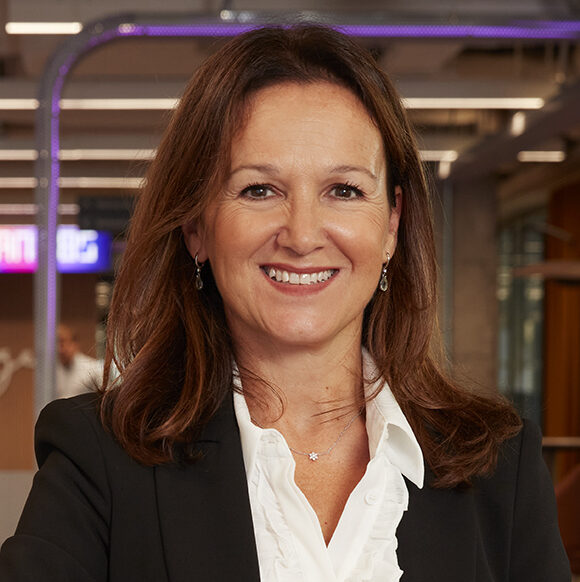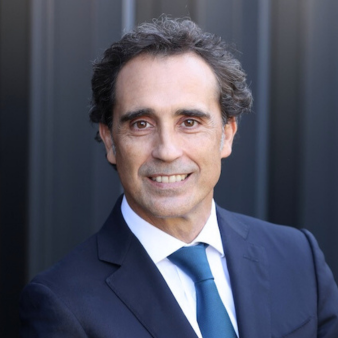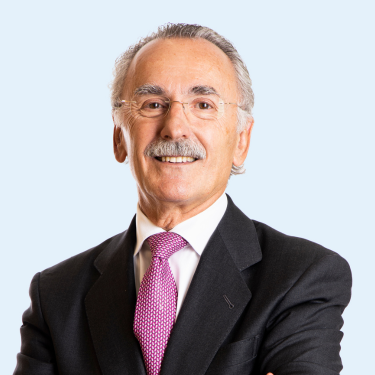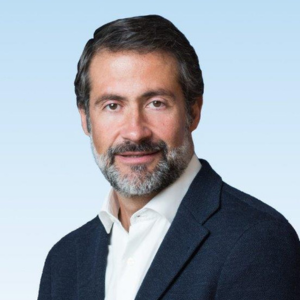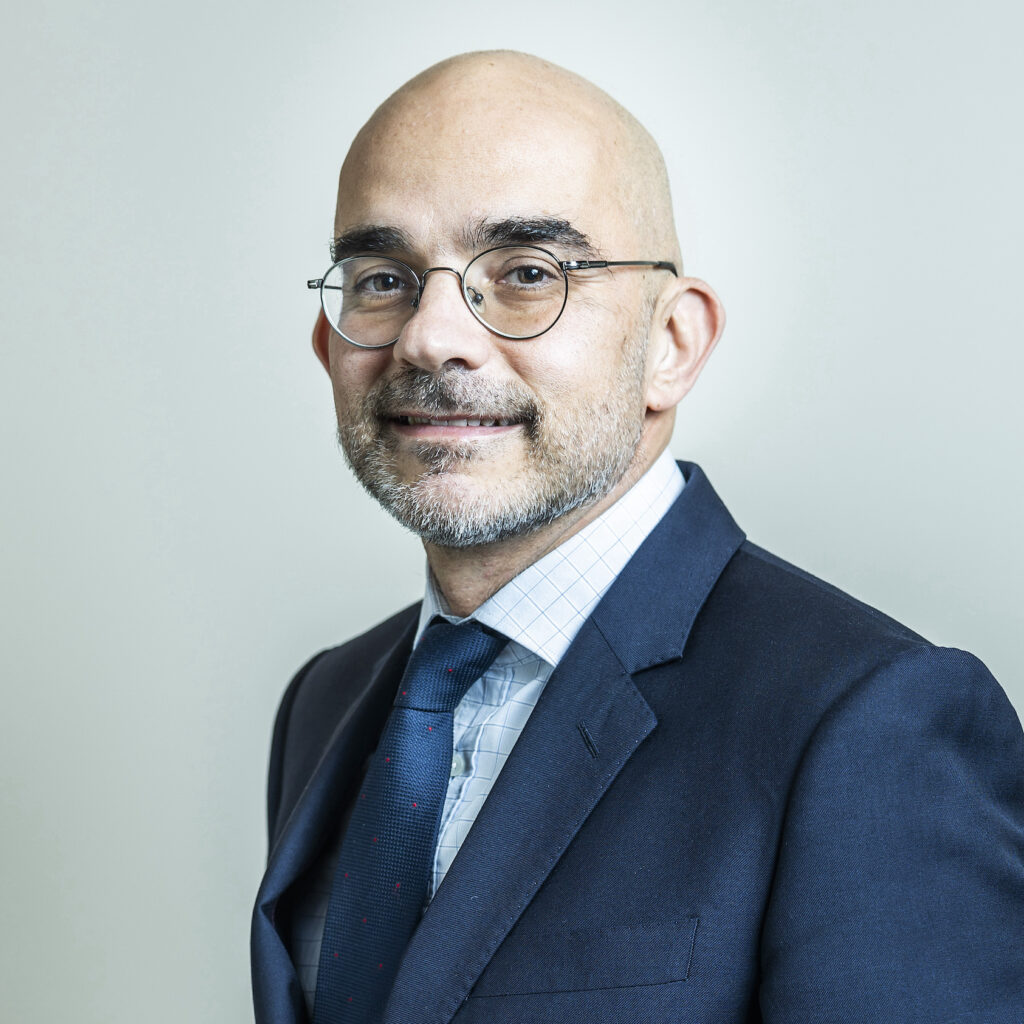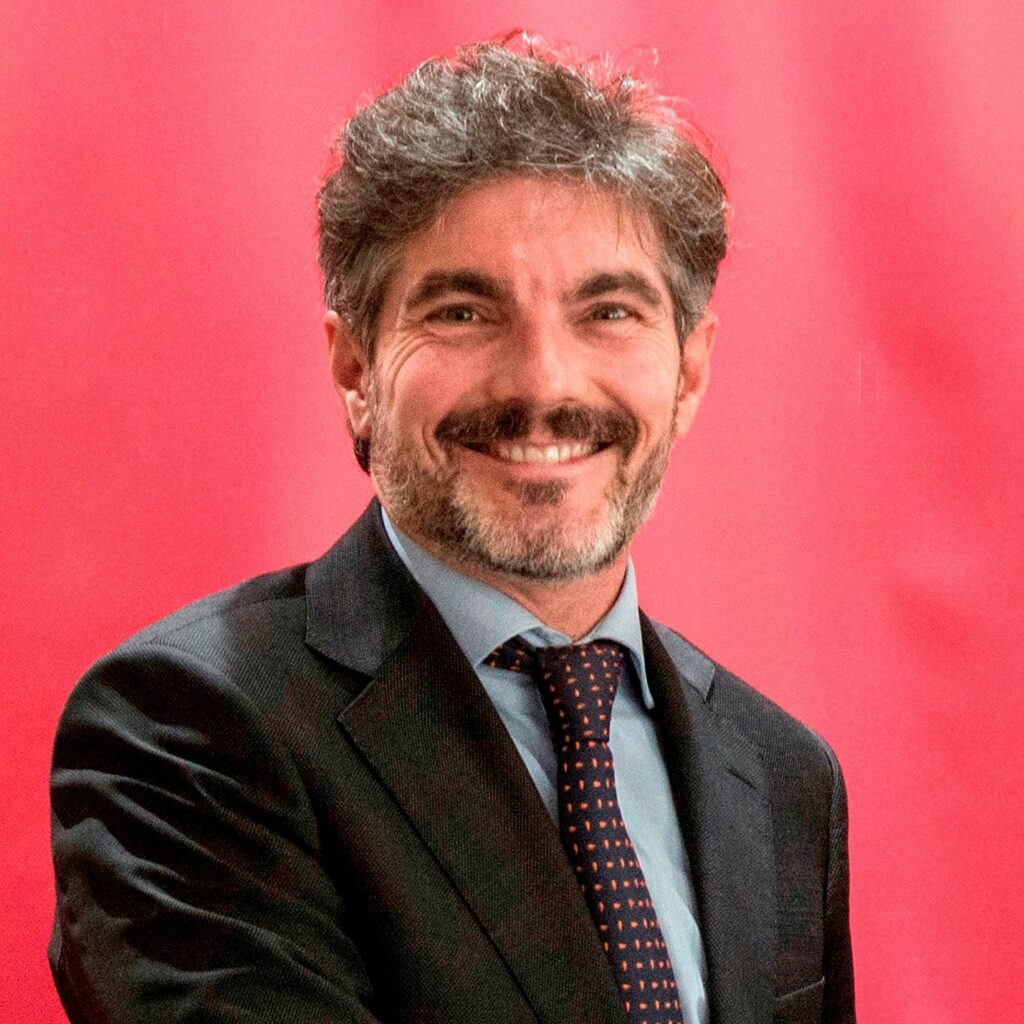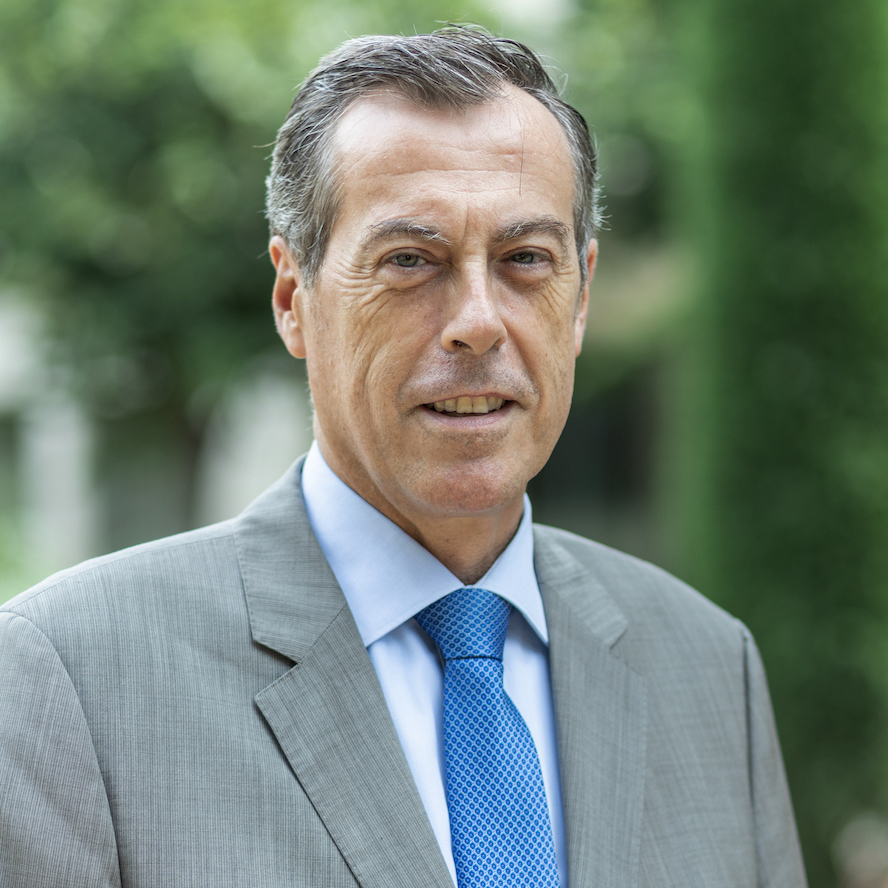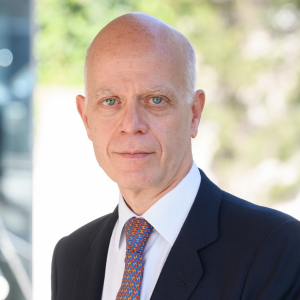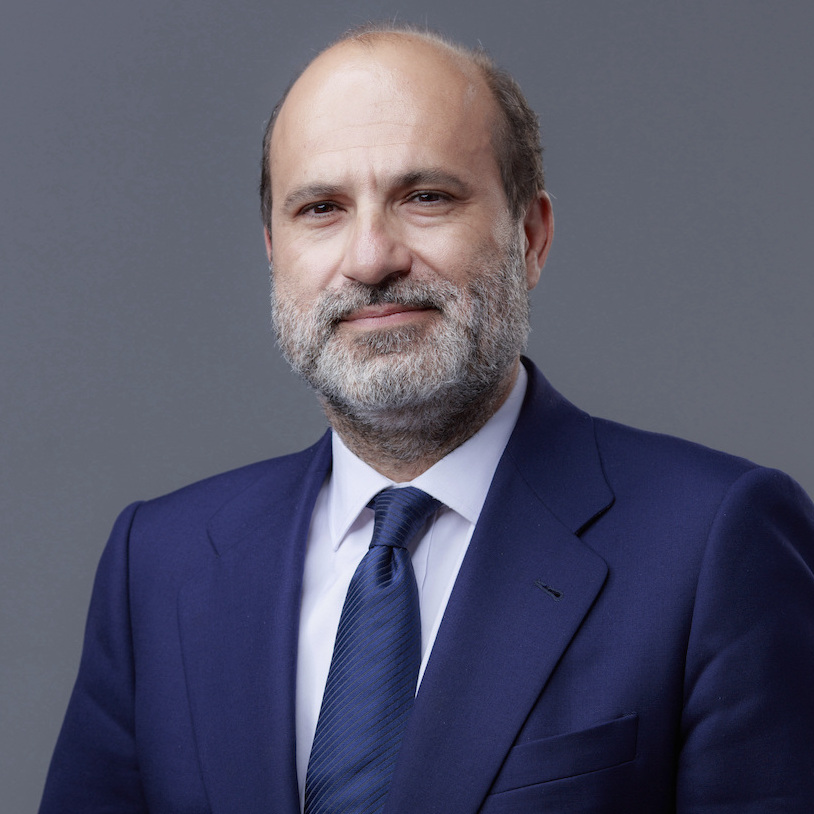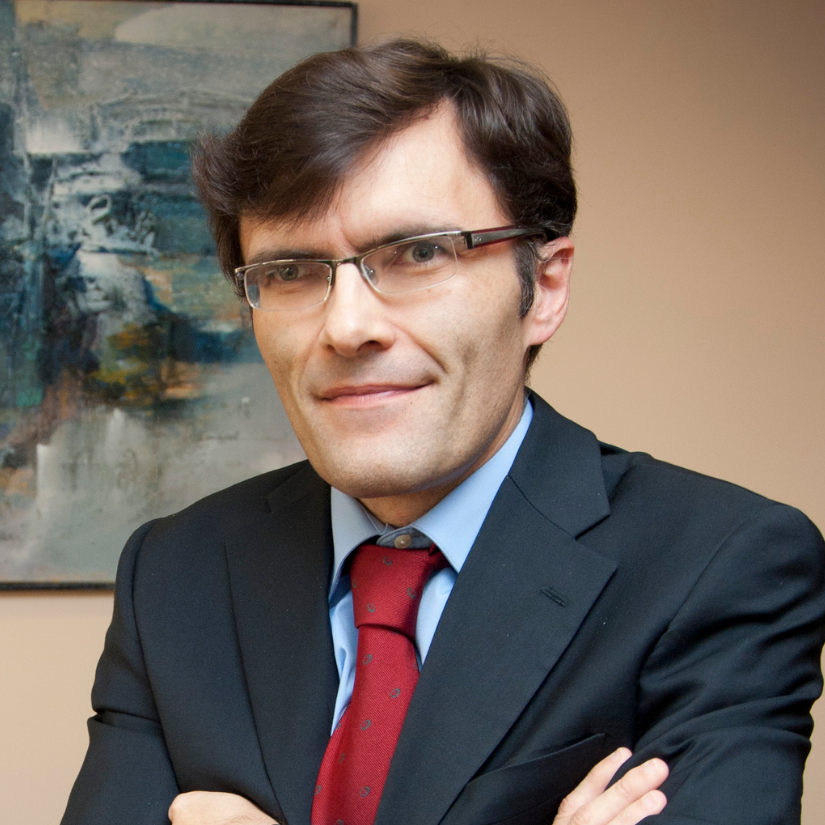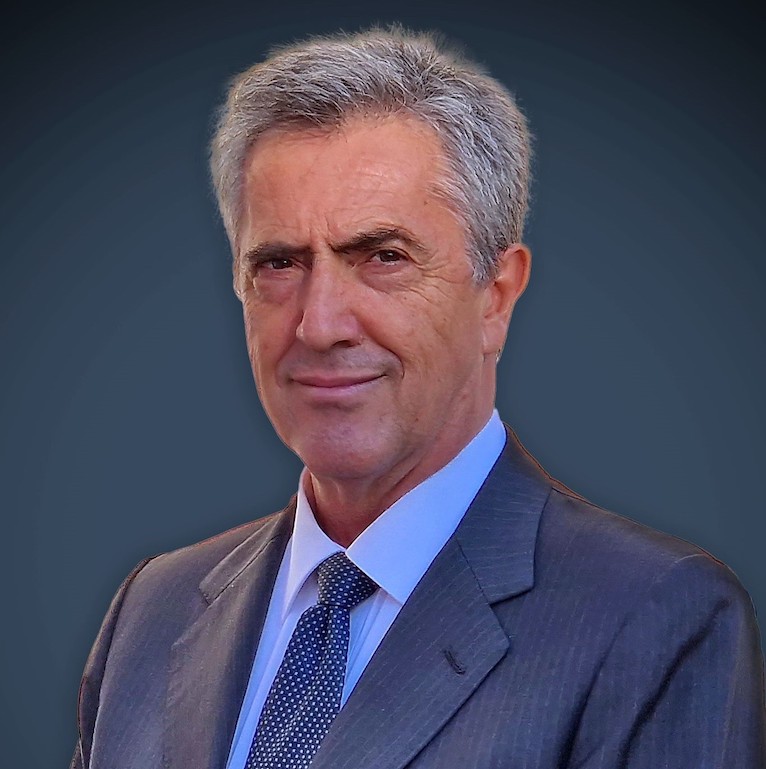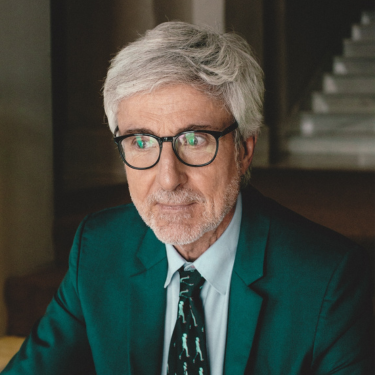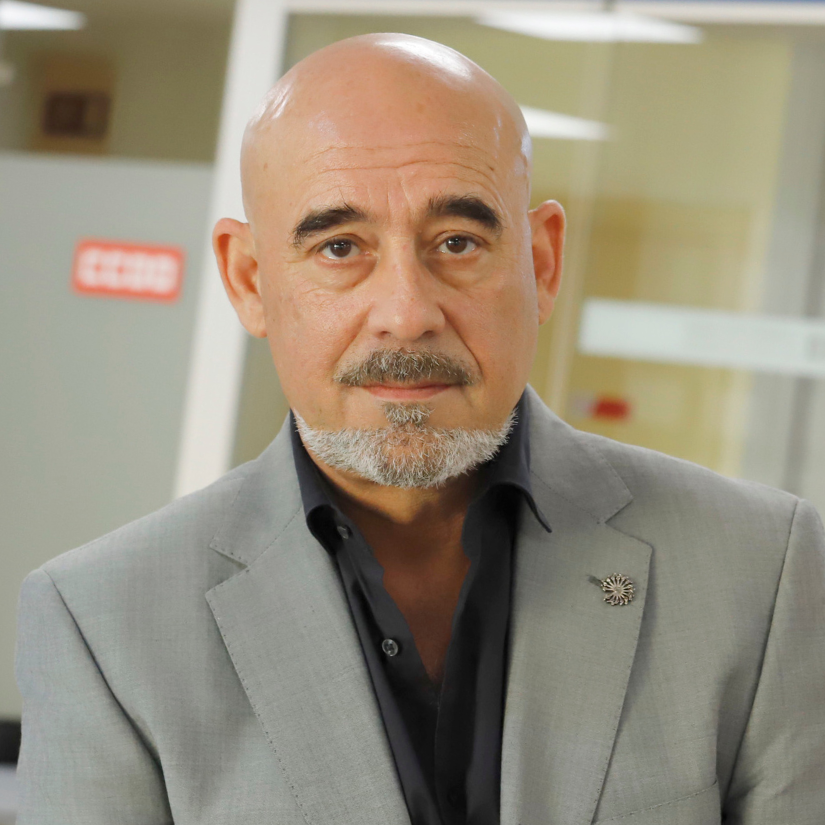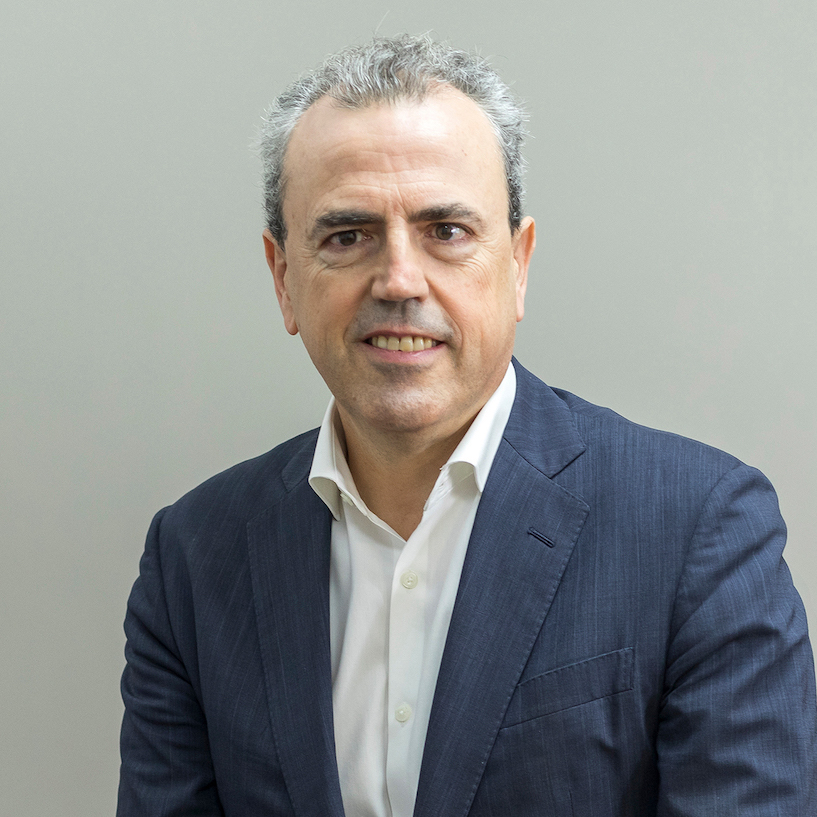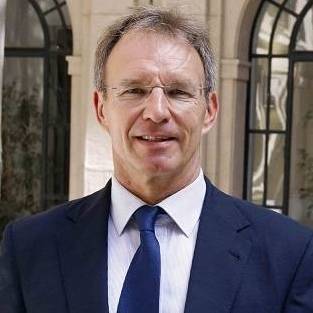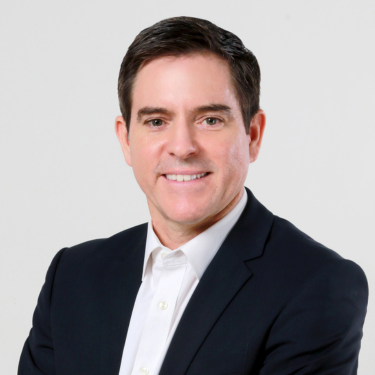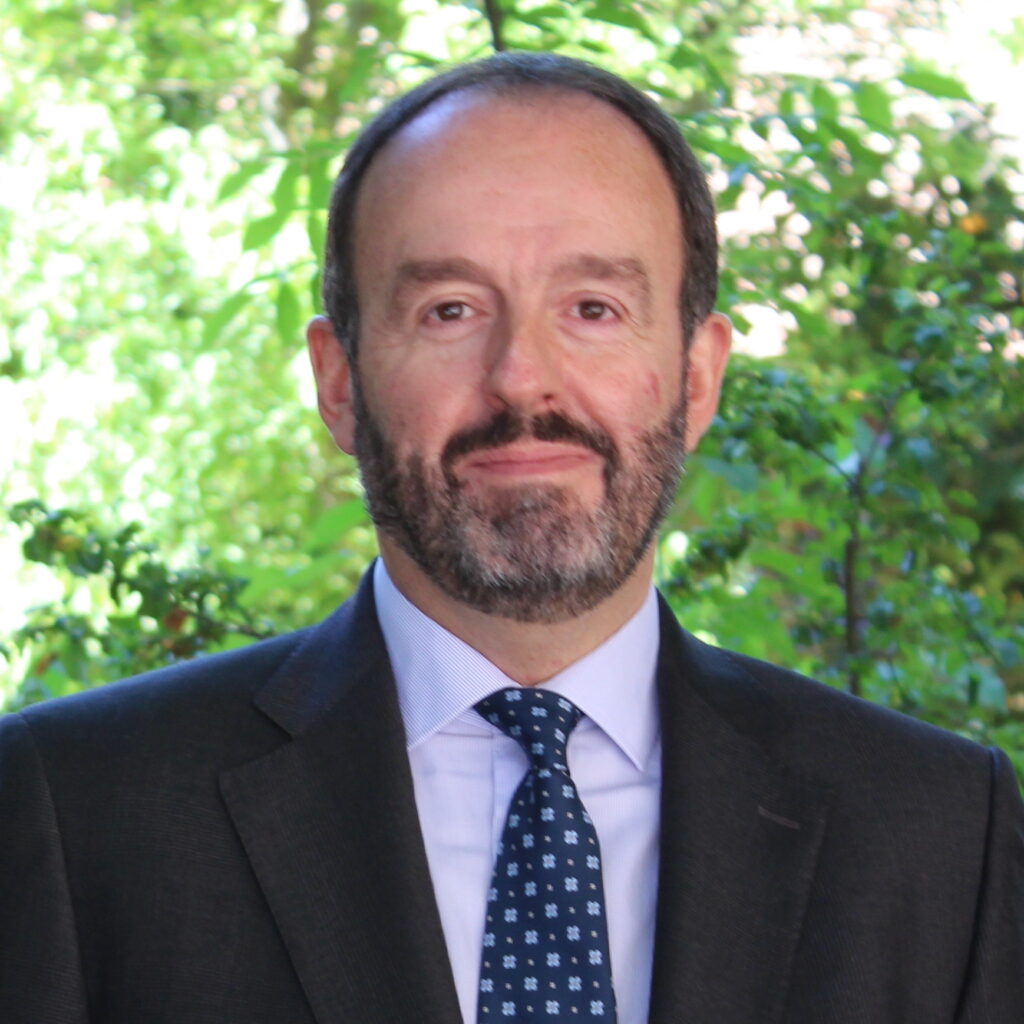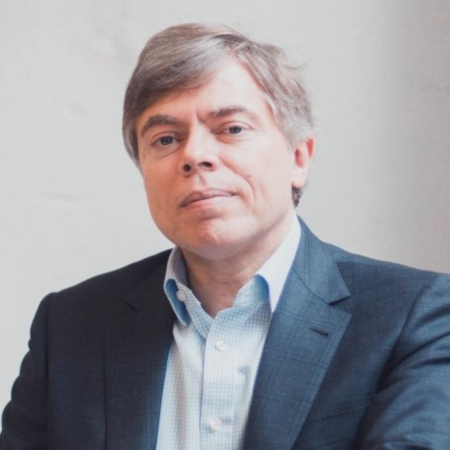AI on ESG
Challenges and opportunities of Responsible Artificial Intelligence in the era of sustainability.
At Forética we have the enormous responsibility of guiding companies and organizations of all sectors and sizes in ESG criteria (Environment, Social Impact and Governance), always aligned with market trends and society in general.
Therefore, it is essential this space, which we have called 'AI ON ESG: Challenges and opportunities of Responsible Artificial Intelligence in the era of sustainability', in which we can discuss about the advances in Artificial Intelligence (AI), a technology that has come to stay, fulfilling an absolutely transformative role and with great potential to enrich our lives not only professionally but also personally.
It is also important to recognize that the speed of the emergence of AI, specifically Generative AI, also brings with it challenges that must be contemplated, anticipated, and that require urgent measures that have to do, in particular, with ethics, with responsible use by all parties, as well as with regulations that protect people and organizations.
We believe that, through the different voices - from Forética members and also from external experts, such as academics and third sector entities - we will be able to help generate conversation and learn about different reflections and perspectives that will enlighten us on this path that we must take together to make the most of a promising future.
As a continuation of this broad reflection, the Spanish Business Council for Sustainable Developmentat the annual executive meeting held in February 2024, presented a statement proposing 5 principles of responsible AI, subsequently ratified by the Board of Directors of Forética.
As a result of this work and thanks to the collaboration of Forética's partner companies and organizations, we present the following Manifesto and encourage you to support its principles:
As next steps, Forética will launch a community of practice for the development and continuous improvement of corporate policies to support these principles of responsible and sustainable AI and transform them into action.
By Alberto Granados, President, Forética and Spanish Business Council for Sustainable Development | President, Microsoft Spain
History offers an important and repeated lesson about the promise and challenge of new technologies. Since the invention of the printing press around 1450 by the German goldsmith Johannes Gutenberg, societies have been faced with the need to decide whether to accept or reject new inventions.
Governance Aspects
Mercedes Oblanca, President of Accenture in Spain and Portugal, highlights the need for collaboration to lay the foundations for a technology with enormous potential.
José Ignacio Goirigolzarri, Chairman of Caixabank, considers it essential to have good internal governance of all AI initiatives and an ethical framework for their implementation.
Javier Fontcuberta, Managing Director of Cuatrecasas, proposes law as a tool to effectively face the challenges posed by Artificial Intelligence.
Luis Furnells, Executive President of Oesia Group, considers AI a critical technology for the development and prosperity of today's society, and applicable to all industries and all economic fields.
Juanjo Cano, President of KPMG in Spain, reflects on the advances we are already seeing today in ESG and Artificial Intelligence.
Carlos Núñez, Chairman and CEO of PRISA Media, is committed to taxonomizing content creators who work for coexistence and incorporating democracy into sustainability criteria.
Eduardo San Miguel, CEO of Técnicas Reunidas, comments on the need to use data and AI at the corporate level, assessing the possible impacts and developing a robust and transparent data governance system.
José Luis Bonet, President of the Spanish Chamber of Commerce, defends the central role of people when talking about digital transformation.
Xavier Gangonells, CEO of AED, embraces the advent of AI from the managerial level under a sensible regulation that guarantees its ethical and responsible use, continuous training and a strategic vision that allows to take advantage of its full potential.
Lucía Velasco, Member of the Global Partnership on Artificial Intelligence, discusses the importance of the ethical and responsible aspects of AI to achieve a better and more equitable world.
José Luis Fernández, director of the Iberdrola Chair of Economic and Business Ethics at the Universidad Pontificia de Comillas, reflects on the possibilities of using AI to solve the most intricate problems of our time
Joan Fontrodona, Professor of Business Ethics and CaixaBank Chair of Sustainability and Social Impact at IESE Business School, identifies ethics as an element that offers some principles that can guide the development and application of AI.
Mario Lara, Director of Esade Madrid and the Center for Corporate Governance, and Néstor Salcedo, Researcher at the Center for Corporate Governance, present an interesting article on the governance of AI by Boards of Directors.

Lucía Velasco, Member of the Global Partnership on Artificial Intelligence, discusses the importance of the ethical and responsible aspects of AI to achieve a better and more equitable world.
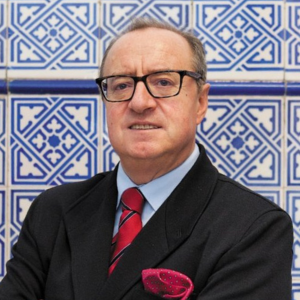
José Luis Fernández, director of the Iberdrola Chair of Economic and Business Ethics at the Universidad Pontificia de Comillas, reflects on the possibilities of using AI to solve the most intricate problems of our time
Social Aspects
Javier Bardají, CEO of Atresmedia Corporación, points out human trust as the key and backbone in the integration of AI in society.
Alberto Durán, First Vice-President of the ONCE Social Group, defends Artificial Intelligence as an effective and ethical element of inclusion.
José Manuel González Huesa, Managing Director of Servimedia, assesses how artificial intelligence will affect journalistic work: benefits, risks and possibilities.
Leonardo Marcos González, Director General of the Civil Guard, talks about the potential of Artificial Intelligence applied to the field of public safety.
Aline Gómez-Acebo, Director of Sustainability at the ASISA Group, shares some of the many improvements in the efficiency of healthcare services related to the application of AI in different processes.
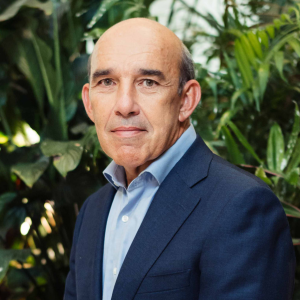
Senén Ferreiro, Partner and CEO of Valora Consultores, discusses the possibilities of AI for measuring the human rights impact of what we consume.
Enrique Goñi, Founder of "Instituto Hermes" and President of its Board of Trustees, talks about the need to regulate AI to reduce its risks and ensure a beneficial impact on society.
Mariano Sanz, confederal secretary of Occupational Health and Environmental Sustainability of CCOO, reviews four points for reflection on the conjunction of artificial intelligence and working conditions.
Fernando Móner, President of AVACU and member of the Board of Directors of CECU, advocates for an active participation of consumer associations and civil society in this digital transformation.
Ricardo Palomo, Professor and Dean at CEU San Pablo University and Rector's Delegate for Digital Transformation, discusses the role of education in the development of artificial intelligence.
Belén López, Professor at ESIC University, reflects on the impact that AI can have on education, its possibilities and its risks.

Senén Ferreiro, Partner and CEO of Valora Consultores, discusses the possibilities of AI for measuring the human rights impact of what we consume.
Mariano Sanz, confederal secretary of Occupational Health and Environmental Sustainability of CCOO, reviews four points for reflection on the conjunction of artificial intelligence and working conditions.
Fernando Móner, President of AVACU and member of the Board of Directors of CECU, advocates for an active participation of consumer associations and civil society in this digital transformation.
Ricardo Palomo, Professor and Dean at CEU San Pablo University and Rector's Delegate for Digital Transformation, discusses the role of education in the development of artificial intelligence.
Environmental Aspects
Sergio Menéndez, President of CEMEX Europe, Middle East, Africa and Asia (EMEA), sees artificial intelligence as an unprecedented opportunity for the construction industry as a whole.
Horacio Morell, President of IBM Spain, Portugal, Greece and Israel, discusses the need to adapt to take advantage of AI to meet the environmental challenges of today and tomorrow.
Ignacio Elola, CEO of Lactalis Iberia Group, highlights the incorporation of AI as a key element to guarantee such a basic right as the right to food and for the economy of many countries.
Idoia Salazar, Founder and President of the Observatory of the Social and Ethical Impact of Artificial Intelligence (OdiseIA), advocates forging a future where technology works in harmony with our environment and society.
Jaime Velasco, CEO and co-founder of GoSupply, talks about the great capabilities shown by Artificial Intelligence in learning and generating ideas and strategies, which makes it a great ally for the enormous challenge of managing and achieving the environmental goals facing society.
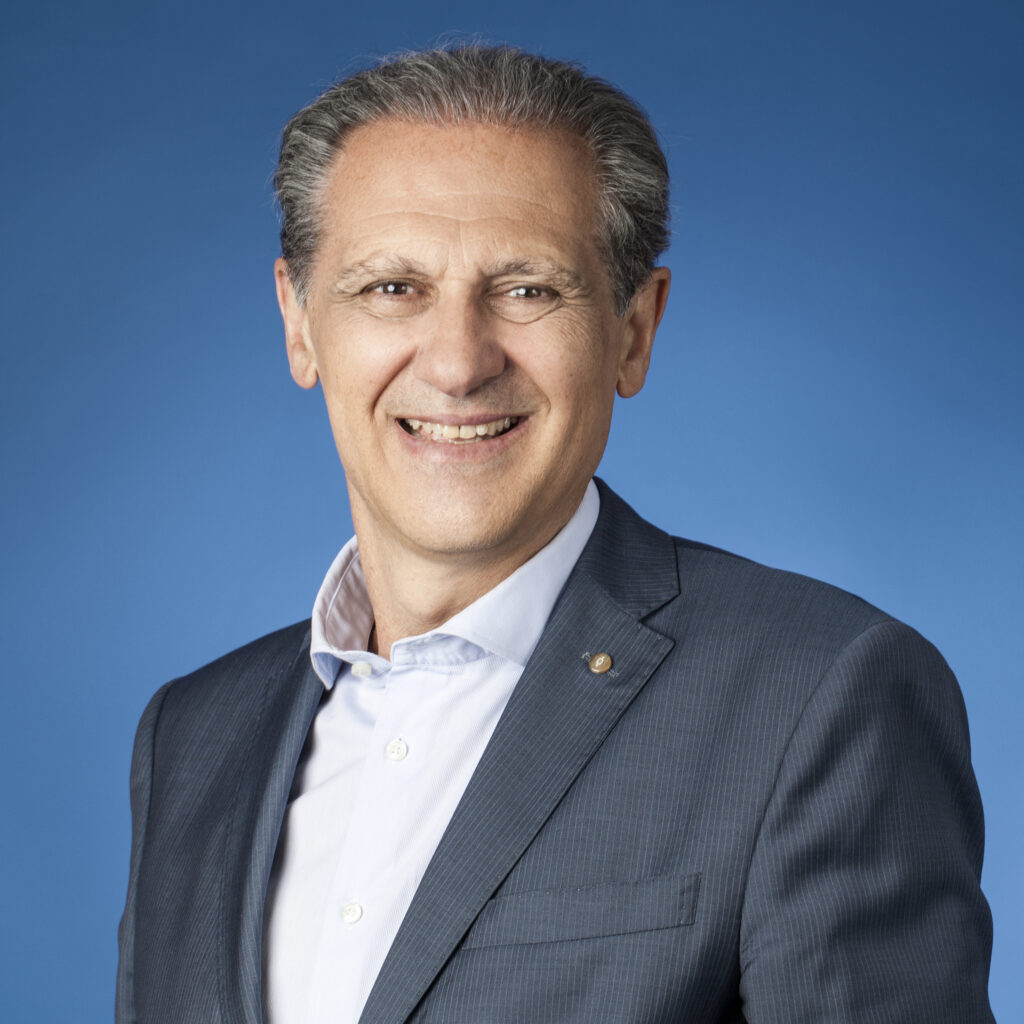
José Manuel González Huesa, Managing Director of Servimedia

Cognitive engagement
Lorem ipsum dolor sit amet, consectetur adipiscing elit. Ut elit tellus, luctus nec ullamcorper mattis, pulvinar dapibus leo.

Cognitive engagement
Lorem ipsum dolor sit amet, consectetur adipiscing elit. Ut elit tellus, luctus nec ullamcorper mattis, pulvinar dapibus leo.

Cognitive engagement
Lorem ipsum dolor sit amet, consectetur adipiscing elit. Ut elit tellus, luctus nec ullamcorper mattis, pulvinar dapibus leo.
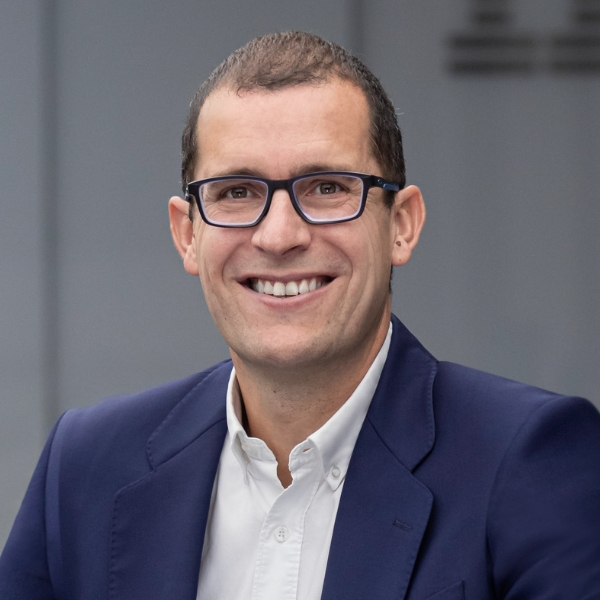
The Corporate Sustainability Reporting Directive (CSRD), which came into force in June, will require some 50,000 companies operating in the European Union (EU) to report on the footprint...

Cognitive engagement
Lorem ipsum dolor sit amet, consectetur adipiscing elit. Ut elit tellus, luctus nec ullamcorper mattis, pulvinar dapibus leo.

Cognitive engagement
Lorem ipsum dolor sit amet, consectetur adipiscing elit. Ut elit tellus, luctus nec ullamcorper mattis, pulvinar dapibus leo.

